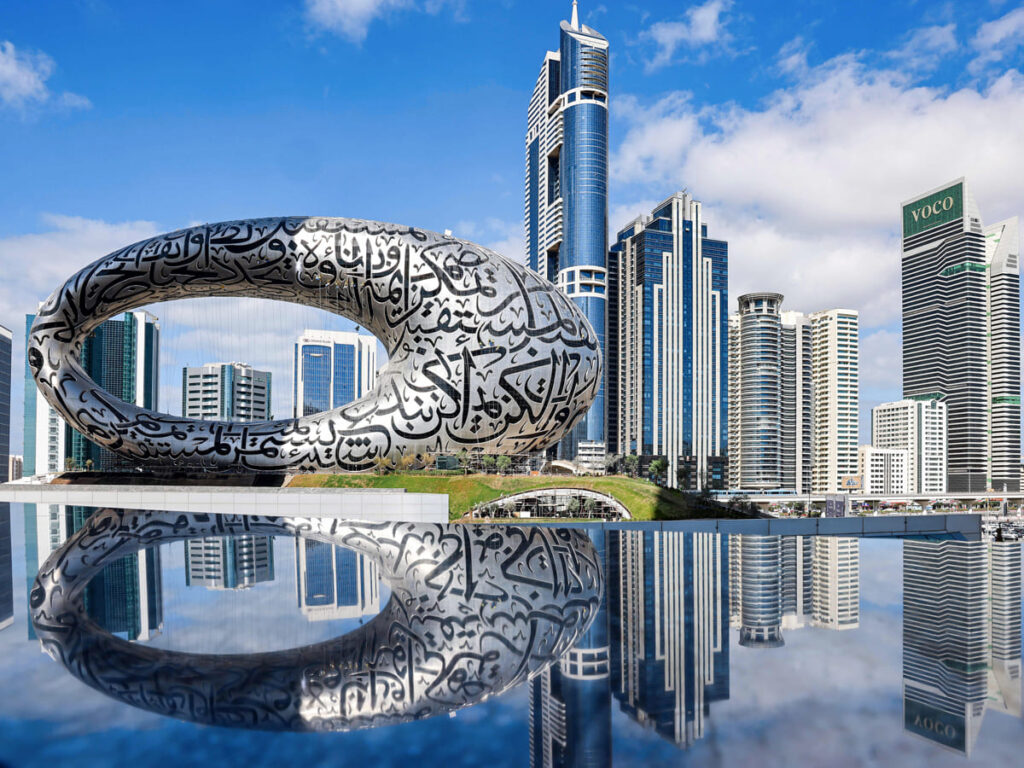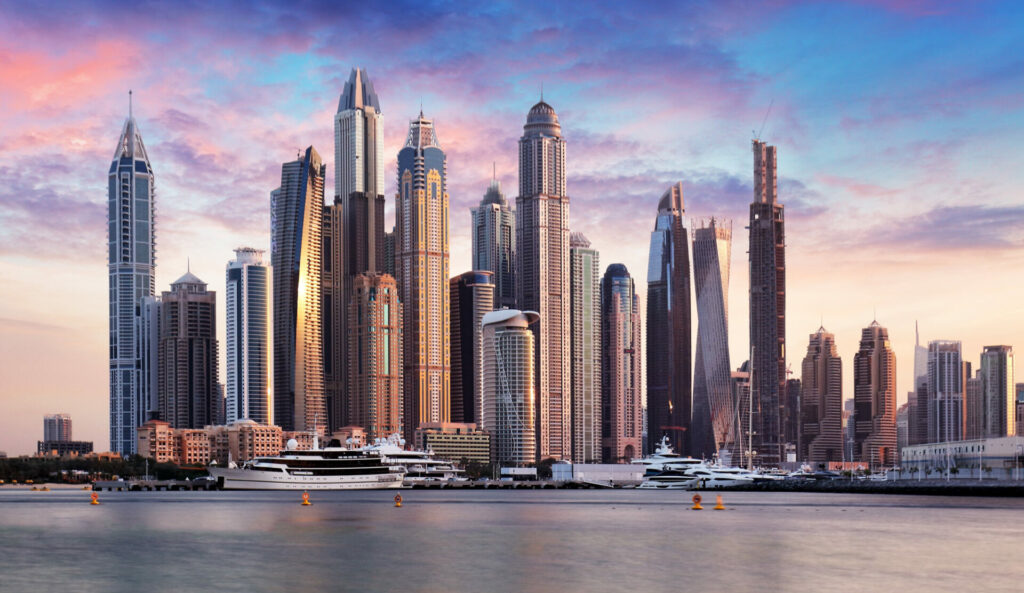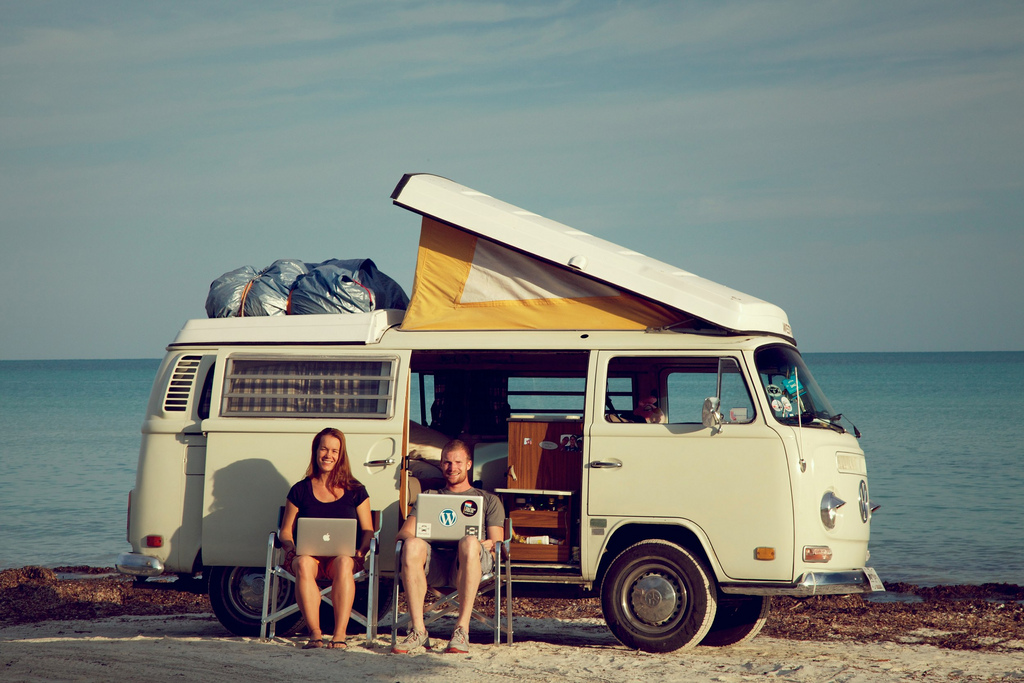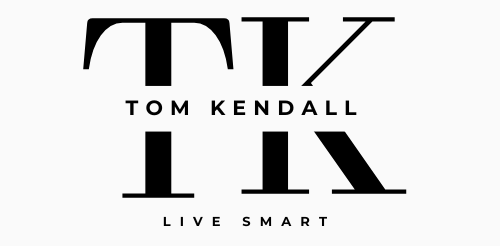The digital nomad lifestyle, once seen as a fringe experiment, has become a mainstream career path in 2025. Advances in remote work, global connectivity, and international banking have allowed millions to live and work from anywhere. But there’s a quieter revolution happening alongside — one that’s changing the financial lives of these location-independent professionals: legally escaping the global tax net and living 100% tax-free.
This isn’t about shady tax havens or loopholes. It’s about understanding residency rules, leveraging jurisdictional benefits, and making strategic decisions that align with both lifestyle and legal compliance.
The Tax Matrix: Why Digital Nomads Are Looking for the Exit
For decades, traditional tax systems assumed that workers lived and worked in the same country, tethered to a single address. But the digital economy shattered that assumption. A web developer in Bali might earn from U.S. clients. A YouTube creator in Portugal might get paid by a Singapore-based brand.
The problem? Most countries still tax you based on residency or citizenship — and often both. For example:
- The U.S. taxes its citizens no matter where they live in the world (though certain exclusions exist).
- Many European countries will tax your global income if you’re a resident for over 183 days in a year.
- Some nations impose high tax rates even if you generate income entirely abroad.
For digital nomads, this creates a frustrating paradox: you can live anywhere, but your tax bill may still be dictated by a country you barely spend time in.

The Shift Towards Tax-Friendly Jurisdictions
In recent years, a growing number of nomads have opted for territorial taxation systems or zero-income-tax jurisdictions. These countries don’t tax foreign-earned income, or in some cases, don’t impose income tax at all.
Popular examples include:
- United Arab Emirates (UAE) – 0% tax on personal income, world-class infrastructure, and digital nomad-friendly business setup options.
- Bermuda, Cayman Islands, Bahamas – Attractive for high-net-worth individuals but often expensive.
- Monaco – No income tax, but high living costs and residency requirements.
- Panama – Territorial tax system with an established expat community.
The UAE, particularly Dubai, has emerged as a standout choice in 2025 because it offers tax-free living, a cosmopolitan lifestyle, global connectivity, and strong legal frameworks.
How Digital Nomads Legally Go Tax-Free
Living tax-free doesn’t mean avoiding your obligations — it means structuring your life so that your tax residency is in a country where the rules favor you. Here’s the practical framework:
1. Break Your Tax Residency in Your Home Country
If you’re from a high-tax country, the first step is to legally sever your tax ties. This usually involves:
- Spending less than the threshold days in-country (often 183 days).
- Closing or reducing ties like property leases, voter registration, or local business registrations.
- Informing tax authorities of your change in residency (if required).
2. Establish Residency in a Tax-Friendly Country
Countries like the UAE offer residency visas tied to business ownership, freelancing licenses, or property investment. This provides a legal home base and proof of residence for banking and contracts.
3. Set Up a Business Structure That Works Globally
Many nomads form companies in jurisdictions that have:
- No or low corporate taxes.
- Easy banking and payment gateway integration.
- Strong double-taxation agreements.
For example, a Dubai free zone company allows nomads to invoice clients worldwide, operate legally, and pay 0% corporate tax if structured correctly.
4. Comply with All Reporting Requirements
Even if you live tax-free, some countries require annual declarations, substance requirements for businesses, or local renewals. Compliance keeps you safe from future disputes.

Why 2025 Is the Best Time to Make the Move
Several global trends are accelerating the tax-free migration of digital nomads:
- Corporate tax increases in Europe and North America.
- Tighter financial reporting through systems like the Common Reporting Standard (CRS).
- Post-pandemic acceptance of remote work across industries.
- Residency-by-investment and business setup incentives in places like Dubai.
By acting now, nomads can lock in favorable residency terms before policies tighten or costs increase.
Beyond Taxes: The Lifestyle Upgrade
While zero tax is the headline, many nomads cite lifestyle as the real win. Moving to a tax-free hub like Dubai offers:
- Superior infrastructure – airports, co-working spaces, healthcare.
- Global networking opportunities – meet entrepreneurs, investors, and creators from every continent.
- Safety and stability – low crime rates, strong legal system.
- No currency restrictions – free movement of capital and multi-currency banking.
The financial advantage becomes a bonus to an already elevated lifestyle.
Common Mistakes Nomads Make When Going Tax-Free
- Not cutting tax ties fully – keeping a home address, bank accounts, or business registrations in a high-tax country.
- Choosing the wrong jurisdiction – going for “cheap” but ending up with banking headaches or low credibility.
- Ignoring compliance – assuming that tax-free means paperwork-free.
- Failing to get proper advice – each case is unique; copying someone else’s setup can backfire.

Final Thoughts: The Freedom to Choose
For digital nomads in 2025, the ability to legally reduce or eliminate taxes isn’t just a financial strategy — it’s a lifestyle decision. It allows for greater mobility, reinvestment into personal and professional growth, and a deeper alignment between work and life.
The “tax matrix” still exists for most of the world, but for those willing to take control, there’s a clear path to step outside it.
How GenZone Helps Digital Nomads Make the Move
At GenZone, they specialize in helping entrepreneurs, freelancers, and remote workers relocate to Dubai, set up tax-free businesses in free zones, and secure long-term residency. From handling all paperwork to ensuring compliance with UAE laws, they make the process seamless so you can focus on your business and lifestyle.
In 2025, more nomads than ever are choosing Dubai as their base — and GenZone is the trusted partner making it happen.







